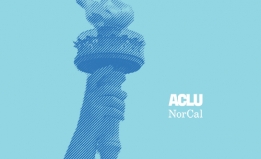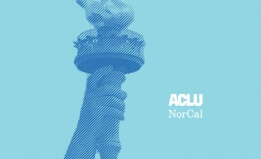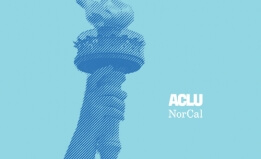Megalawsuit Against BitTorrent Users Threatens Due Process
Jun 03, 2010
Time Warner Cable recently asked a federal court to quash subpoenas it received seeking the identities of thousands of its customers. The subpoenas came as part of several lawsuits filed by members of the movie industry who allege the individuals downloaded certain movies using BitTorrent.The lawsuits were all filed by the Washington, D.C., law firm "U.S. Copyright Group" (USCG). Six virtually ide...
Read More



